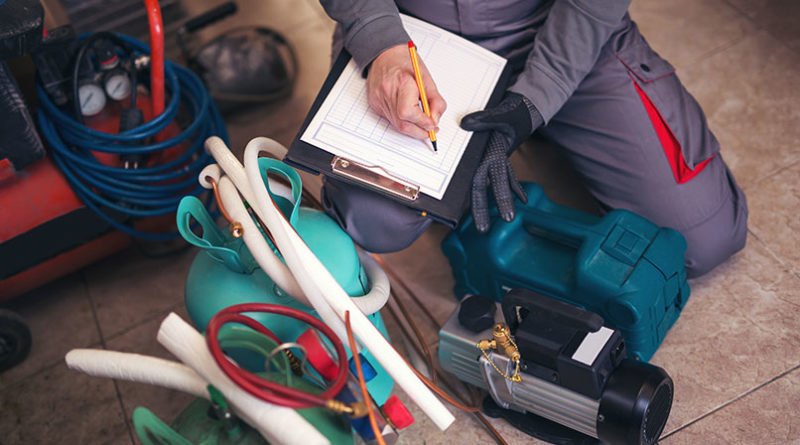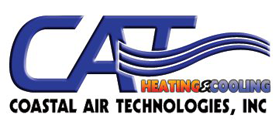When it comes to keeping your home in Beaufort, South Carolina, comfortable, you have many options available. One choice that has become increasingly popular in recent years is a heat pump system. These systems accomplish the same thing as traditional HVAC systems, but they do so in a unique way. They tap into existing energy sources to provide heating and cooling while consuming relatively little energy. Here’s everything you need to know about heat pump systems and how they work:
They Provide Both Heating and Cooling
Given the name, many people assume that heat pumps only provide heating. But these systems can easily and efficiently maintain a comfortable temperature throughout the year. When you need heating, heat pump systems extract and concentrate heat from an external source and use it to warm your home. During warmer weather, you can reverse a heat pumps in order to extract heat from your home and dissipate it outside.
They’re Highly Efficient
One of the most appealing aspects of heat pumps is their efficiency. Traditional heating systems use considerable energy because they must generate their own heat. Heat pumps, on the other hand, rely on extracting, concentrating and moving latent heat energy. Using consistent, renewable energy sources that already exist allows heat pump systems to consume up to 50 percent less electricity than traditional heating sources.
They Work Best in Moderate Climates
Unlike traditional on-demand heating and cooling systems, heat pumps are more gradual and consistent. The process of extracting and concentrating heat takes time, so heat pumps aren’t ideal for places that regularly experience climate extremes. However, the relatively steady and moderate climate of South Carolina’s Sea Islands makes it a great place to employ a low-energy heating and cooling system like a heat pump.
They Come in Three Forms
Generally speaking, there are three different types of heat pump systems: water-source, air-source and ground-source. The distinction helps identify the way in which the system extracts and dissipates heat.
A water-source heat pump utilizes a body of water to extract or dissipate heat. Similarly, an air-source heat pump extracts heat from the ambient air during heating and dissipates heat into the air during cooling. Ground-source heat pumps, also known as geothermal systems, accomplish the same goal by using the ground itself as a medium.
They’re Surprisingly Flexible
Several advancements in recent years have allowed for far greater flexibility and customization when it comes to using heat pumps. Many heat pumps are now equipped with two-stage compressors. This allows them to run more frequently and maintain a more accurate temperature while using less energy overall.
There are also several available blower motor types. Fixed-speed blowers provide only a single constant speed. Multi-speed blowers offer several levels to adjust the amount of air circulating. Finally, variable-speed blowers offer more fine-scale adjustment based on the conditions in your home.
There Are Two Efficiency Ratings to Know
If you’re considering a heat pump system, or if you already own one, it’s important to understand its efficiency. Because they offer both heating and cooling, heat pumps come with two separate efficiency ratings: SEER and HSPF.
SEER, or Seasonal Energy Efficiency Ratio, is the metric used to represent cooling efficiency. HSPF, or Heating Seasonal Performance Factor, is a similar metric used to measure heating efficiency. In both cases, higher numbers indicate systems that produce more heating or cooling per unit of energy.
Heat pump systems offer excellent efficiency, environmental responsibility and reliable performance. A heat pump that’s properly sized, installed and maintained is a great way to maintain comfort with minimal energy use. However, heat pumps may not be right for every home in every situation. Understanding the above basics of heat pumps and how they work can help you make a more informed choice for your home. Contact Coastal Air Technologies, Inc. at (803) 914-0900 to learn more.





